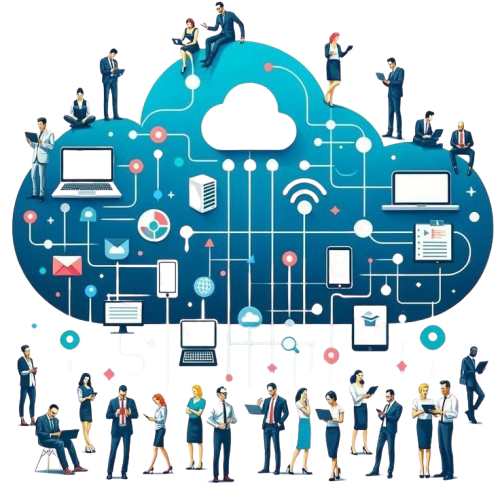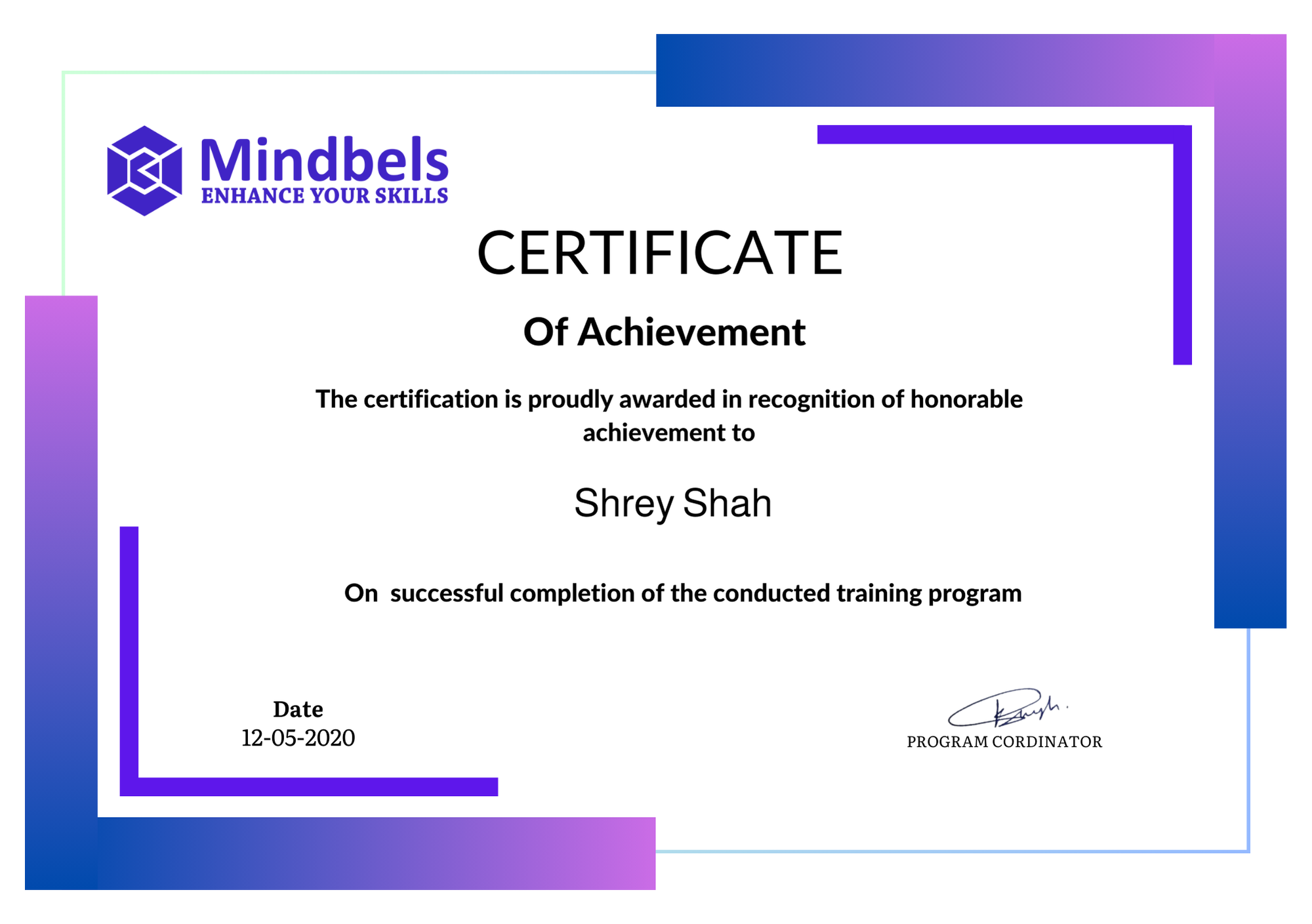Salesforce Developer Training Overview
This hands-on training provides in-depth knowledge of Apex programming, Lightning components, data structures, and application development on the Salesforce platform. Through expert-led sessions, real-life projects, and practical exercises, learners gain the technical skills to build, customize, and deploy scalable applications. This course also aligns with the Salesforce Platform Developer I exam requirements.
Why Salesforce Developer?
-
Salesforce powers over 150,000 companies globally
-
High demand for certified Salesforce Developers across industries
-
Opportunity to work on cutting-edge cloud technologies
-
Competitive salary growth and remote work opportunities
-
Strong foundation for career advancement into Architect or Technical Lead roles
What You Will Learn
-
Salesforce platform architecture and development tools
-
Apex programming fundamentals (classes, triggers, SOQL, DML)
-
Building Lightning Web Components (LWC) and Aura components
-
Customizing user interfaces with Visualforce and Lightning pages
-
Designing scalable data models and relationships
-
Automating complex business logic with Apex and Flows
-
Integrating external systems via APIs and web services
Prerequisites
-
Basic understanding of object-oriented programming (e.g., Java, C#, Python)
-
Familiarity with web technologies (HTML, JavaScript) is helpful
-
No prior Salesforce experience required
Course Curriculum
• Introduction to Salesforce development environment
• Overview of Apex programming and its use cases
• Writing Apex classes and triggers
• Introduction to Visualforce pages and custom controllers
• Understanding Salesforce governor limits and execution context
• Customizing applications using declarative tools (Process Builder, Flows, and Validation Rules)
• Introduction to Lightning Component Framework
• Building and deploying Lightning Web Components (LWC)
• Component communication and data binding
• Customizing user experiences with Lightning App Builder
• Data modeling strategies and complex object relationships
• Writing advanced SOQL and SOSL queries
• Implementing bulk-safe and context-aware Apex triggers
• Using collections and custom metadata in Apex
• Error handling and debugging techniques
• Introduction to OmniStudio tools: OmniScripts, DataRaptors, Integration Procedures
• Building scalable cloud applications with OmniStudio
• Slack-first customer experiences using Salesforce and Slack APIs
• Creating custom Slack apps and integrating with Salesforce
• Automating workflows between Slack and Salesforce platforms
• Basics of MuleSoft and its integration architecture
• Connecting Salesforce with external applications
• Designing API-led connectivity and reusable integration flows
• Automating business processes within DevOps environments
• Managing integration security, logging, and monitoring



